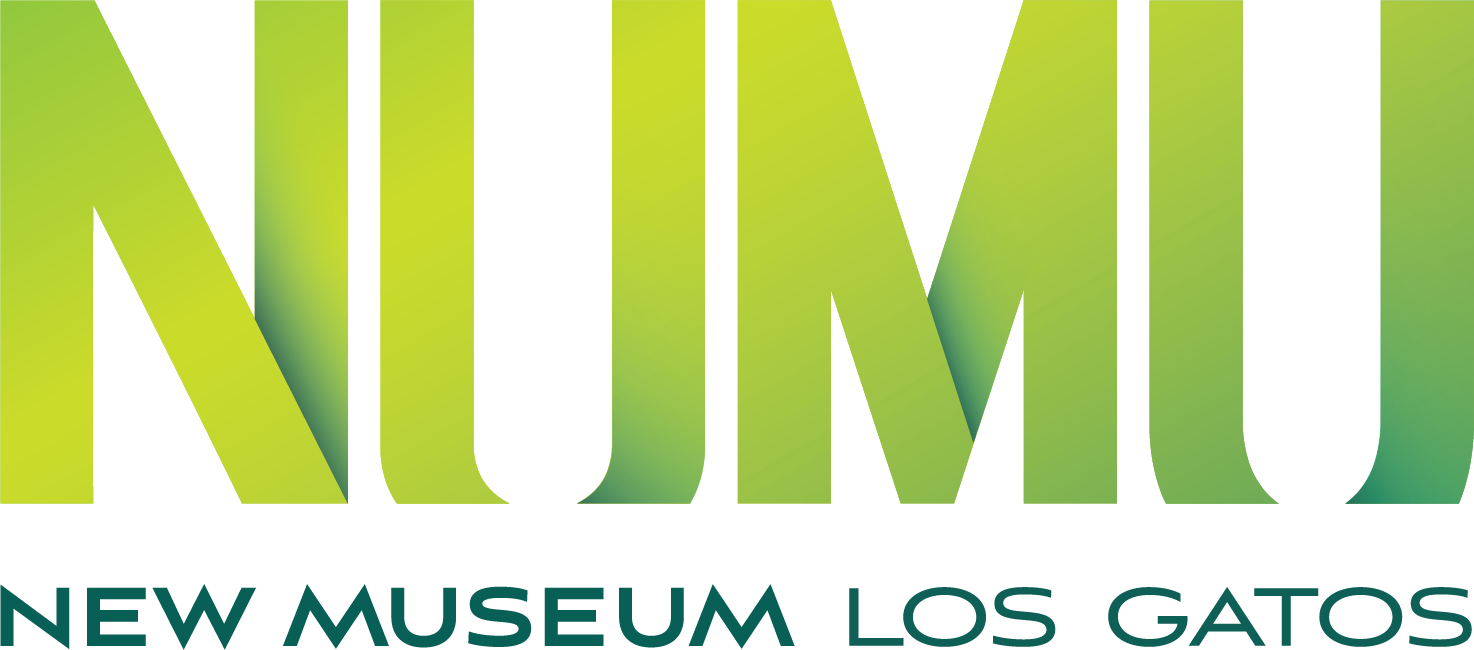Imagine these wagon wheels in action. Led by a team of horses with jingling bells, they could have carried lumber sourced from the Santa Cruz Mountains to San Jose. Perhaps they supported a local winery, moving boxes of grapes to the fermentation tanks. Or they carried passengers through town, bumping down Main Street and North Santa Cruz Avenue on a warm summer’s day.
A simple wagon wheel, design at its functional best, might be overlooked in its simplicity. But wheels such as these not only supported daily life and work in Los Gatos, they were also a vehicle for self-determination and extraordinary adventures.
One such adventure centered around Charlie Parkhurst, also known as One-Eyed Charlie. Charlie’s life began at an orphanage on the East Coast. He escaped as a youth, determined to shape his own destiny.
Charlie was good with horses, learning quickly how to handle large teams. He was hired as one of the first stagecoach drivers for California Stage Lines during the Gold Rush. His bravery was legendary. After being robbed at gunpoint by highwaymen, Charlie vowed it would be the last time. He kept a six-shooter on the strongbox beside him and shot the next person trying to hold him up before they could finish their sentence.
This reputation led to Charlie being hired by Wells Fargo to safely deliver gold to New York. Charlie’s fame as a driver spread throughout California as he completed jobs across the region. In Redwood City, he was kicked in the face by a horse, costing him an eye. He wore an eye patch after the incident and was given the nickname One-Eyed Charlie.
In the 1860s, Charlie began work for a pioneer in the Santa Cruz Mountains. He died in 1879 from tongue cancer. Through his death and funeral preparations, it was discovered that Charlie was biologically female. It is said that Charlie was the first person born biologically female to vote in an election in the United States, and certainly the first to drive stagecoaches across the country armed with a six-shooter and unstoppable determination.
Can you imagine living a life filled with such risks and danger?
Can you think of a time in your life when you’ve taken a risk or fought for the freedom to live life on your own terms? If you could ask Charlie Parkhurst a question, what would you ask? What would you most want to know?


